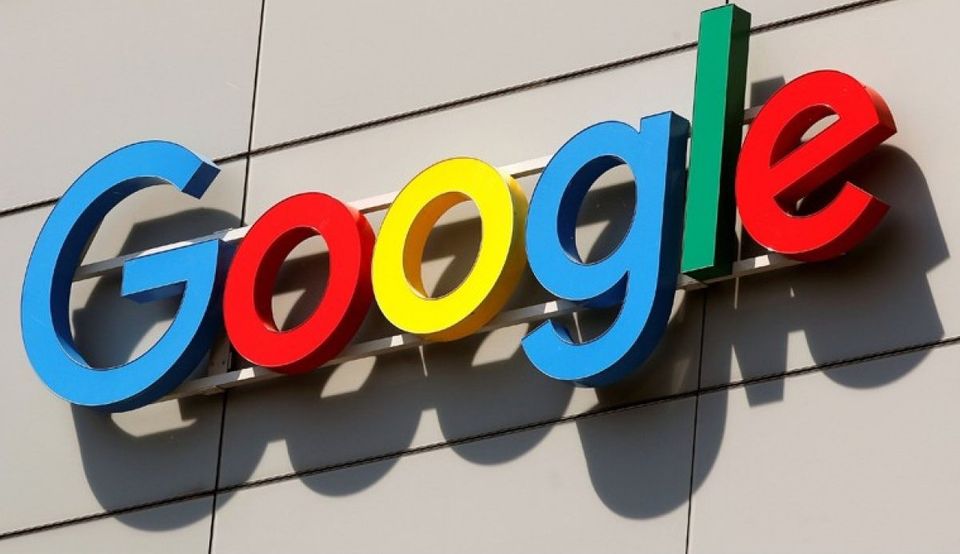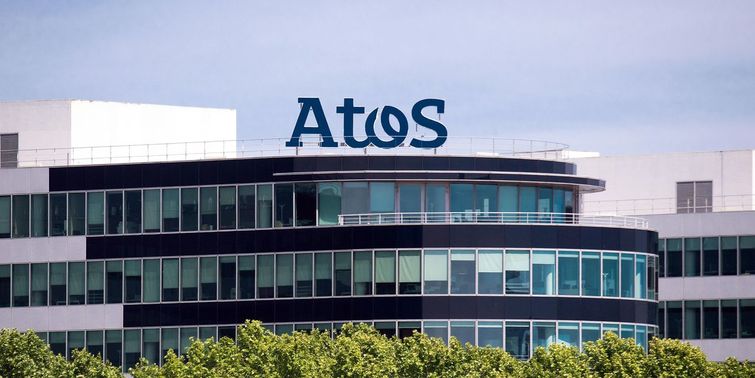Google Search to Help You Find and Book Doctor Appointments.
Google Search will soon be able to help users find doctor appointment availability so they can schedule their health checkups without having to rely on a third-party service. On Thursday, the update was unveiled at Google’s second annual healthcare-focused event, The Check-Up. Aside from the Google Search update, the Mountain View, California-based company announced plans to integrate support for detecting atrial fibrillation (AFib) into Fitbit fitness-tracking devices to help people receive alerts for signs of an irregular heart rhythm at its virtual event. Google also unveiled a series of Health AI updates aimed at transforming smartphones into stethoscopes or ultrasound machines for early diagnosis in even the most remote locations.
Google Search is rolling out the ability to find appointment availability for doctors and local care providers by partnering with healthcare providers and a number of scheduling solution providers. The search results will show users the available appointment dates and times for doctors in the area.
When you use Google Search to look for a specific practitioner or facility, the appointment availability will appear. Once you’ve found a suitable appointment date, click the Book button next to the available slot. You will be directed to a third-party booking site.

In the United States, Google is collaborating with a few healthcare providers and scheduling solution providers, including MinuteClinic at CVS. In the coming days, the feature will be rolled out to users searching in English in the United States. However, it is hoped that it will eventually be available in other markets.
Fitbit also announced that, in addition to Google appointment booking, it is developing an AFib algorithm that will work with the existing optical Photoplethysmography (PPG) sensor on its wearables to detect and alert users about irregular heart rhythm. The algorithm is currently being reviewed by the US Food and Drug Administration (FDA). Fitbit is expected to release an update for consumer fitness-tracking bands and smartwatches in the near future.
According to Google, its in-house algorithm correctly identified undiagnosed AFib 98 percent of the time, citing internal research.
Apple, for example, has built-in support for detecting and alerting users about AFib. Fitbit’s move, on the other hand, could bring AFib detection to a wide range of price points.
Google also announced that health information panels on YouTube will be expanded to markets such as Brazil, India, and Japan. Previously, it was only available in the United States.
Separately, at The Check Up event, Google announced its early-stage developments under the Health AI division. One of these advancements is the use of a smartphone’s built-in microphones as a stethoscope.
When placed over the chest, Google’s inbuilt microphones are used to record a participant’s heart sounds, according to research.
The latest study looks into whether a smartphone can detect heartbeats and murmurs, according to the company. However, because it requires specific hardware inputs, the detection will be limited to specific smartphone models.
In a blog post, Greg Corrado, Google’s Head of Health AI, said, “We’re currently in the early stages of clinical study testing, but we hope that our work can empower people to use the smartphone as an additional tool for accessible health evaluation.”
Google is also investigating photos from smartphone cameras to help detect diabetes and non-diabetes diseases with partners such as EyePACS and Chang Gung Memorial Hospital.
Apart from using smartphone cameras to detect heartbeats, murmurs, and diabetes signs, Google has announced that it is working on using artificial intelligence (AI) and smartphones to provide maternal ultrasound screening. Northwestern Medicine has partnered with the company to develop and test its models for expanding research.
The overall research into combining AI and smartphones to improve healthcare is still in its early stages, and it may take some time and additional effort to bring to the general public.

